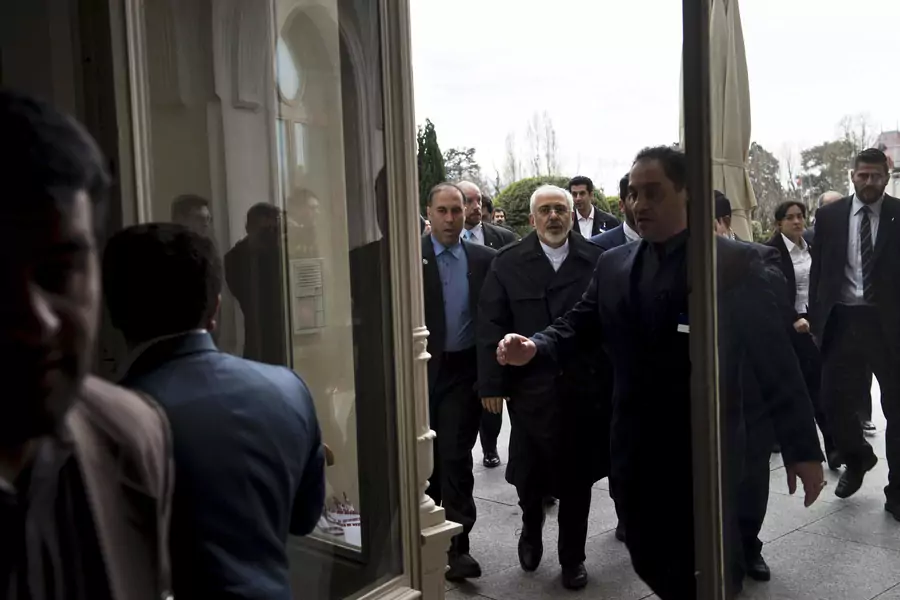Five Thoughts on the Iran Nuclear Framework Agreement

More on:
The P5+1 and Iran have announced a framework for negotiating a final agreement to limit the Iranian nuclear program by the end of June. Here are five quick thoughts on the nuclear and sanctions elements:
The nuclear limits – particularly those on the Iranian supply chain – are surprisingly strong and significant. The rough scale of Iranian enrichment activities and low-enriched uranium stockpiling that the United States could tolerate has long been pretty clear. (I laid out the basic logic for the sorts of limits that would allow the United States to respond effectively to Iranian breakout in a technical paper a few years ago, and many others have made similar arguments.) The announced framework tracks those understandings. What I’m struck by, though, is the extent of the monitoring provisions, particularly as they apply to the Iranian supply chain. U.S. policymakers have long feared that so long as Iran could conduct some legal nuclear commerce, it would be easier to hide illegal activities, making a secret parallel nuclear program more feasible. The framework includes some pretty strong steps to address this, including a “dedicated procurement channel” for the nuclear program. These may seem like footnotes compared to the rule for centrifuges and uranium stocks, but they’re central.
The time it takes Iran to comply with the agreement will depend on its final details. Take one example: Iran is required “to reduce its current stockpile of about 10,000 kg of low-enriched uranium (LEU) to 300 kg of 3.67 percent LEU”. How will this be done? Will Iran ship the material out of country? Will it blend it down to LEU that’s enriched to less than 3.67 percent? Will it convert the LEU into fuel? (Which of these will the final deal allow?) The path it takes will determine how long compliance takes, which will affect the pace of sanctions removal. Similar questions surround many other provisions.
It is unclear how sanctions relief will be phased in. If compliance occurs gradually over an extended period, sanctions relief will presumably be drawn out too. Iran faces a host of sanctions on oil sales, financial transactions, travel by senior officials, and other activities. Which sanctions will be pared back first? What milestones will they be connected to? Much of this presumably remains to be negotiated, but the details will be critical to determining the pace with which sanctions are removed – and, in particular, the speed at which full-scale Iranian oil exports come back online.
Removing sanctions won’t necessarily lead to a rush back into Iran. The framework notes that sanction could be “snapped back” on Iranian noncompliance. Energy (and other) companies will presumably be slow to invest in Iran given the risk that they could easily find themselves faced with sanctions once again. Financial players may decide that the complexity and risks of dealing with Iran outweigh the limited commercial benefits. Oil traders, though, are more short term in nature, and will presumably reengage quickly.
This experience is going to make U.S. policymakers even more sanctions-happy than before. An easy lesson of the Iran experience (presuming that the framework actually leads to a final deal) will be that sanctions, when combined with diplomacy, can yield meaningful results. Political scientists and policy analysts will doubtless debate this until eternity: one can’t say definitively what role sanctions played in bringing about the agreement, nor is there an objective way to know whether the framework deal is better than whatever else might have happened. The reality, though, is that many policymakers will take today’s news as a straightforward affirmation that sanctions work.
More on:
 Online Store
Online Store